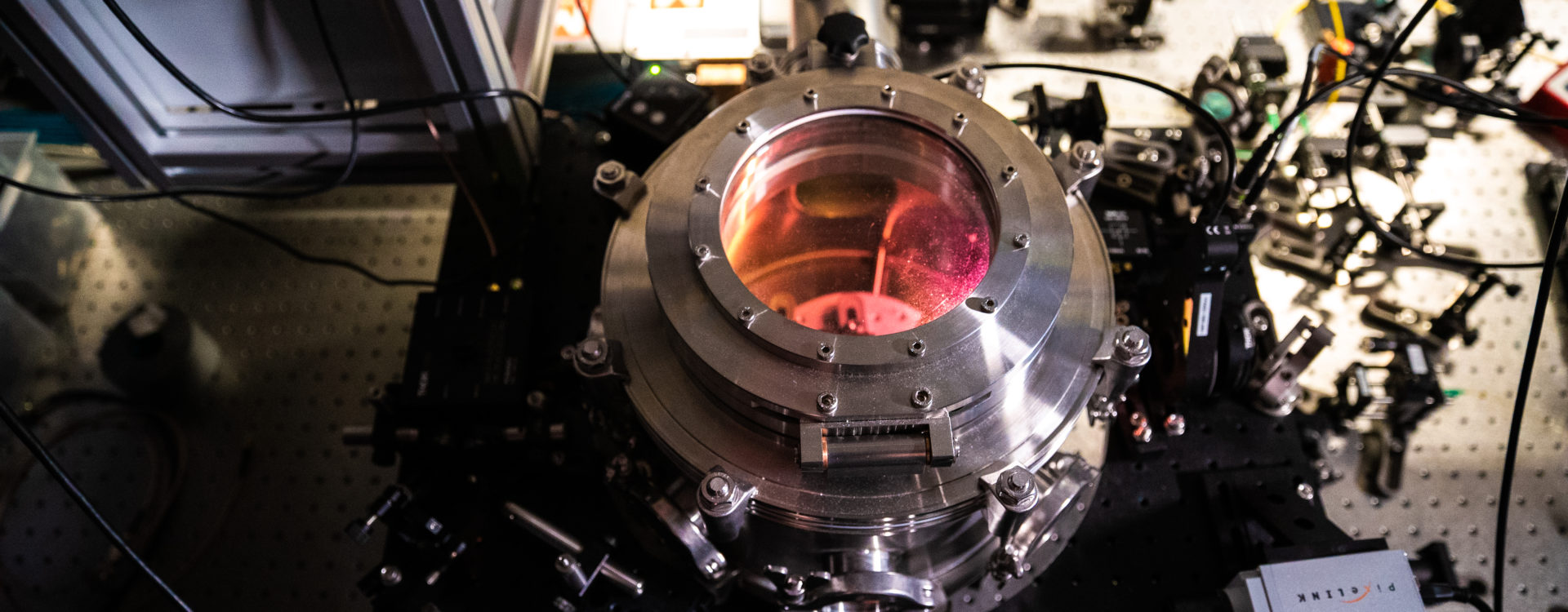The Sydney quantum community are after bright minds to work on the next breakthroughs in quantum science and technology.
Research projects on offer
Our Sydney network of quantum experts are seeking PhD, Honours and Master students to work on various quantum science and technology research projects. Projects suit both experimentalists or theorists and driven individuals with backgrounds across a range of disciplines such as physics, computer science, engineering, chemistry or mathematics.
Our PhD scholarship program offers an array of research projects spanning quantum science and technology across our partner universities. To find a research project, filter projects by university or research specialisation at the PhD level. Please note this list is not exhaustive. You can also use our database to search for experts/supervisors based on their research interests and discuss other opportunities. We recommend contacting a prospective supervisor in advance of applying for our scholarship programs.
How to use the filter - view by university, study level or use the general search field to view by quantum research field e.g. communication, sensing or computing/computation.
General search and filters
Benchmarking prototypical and scaled quantum computers with Quantum Motion (Next Generation Quantum Graduates Program)
A. Prof Chris Ferrie , Dr Mark Johnson - Industry placement with Quantum Motion Technologies
This project would suit: This project would suit an exceptional electrical engineering, quantum engineering or physics student with strengths in quantum mechanics and data analysis who can devise and apply practical engineering solutions for tomorrow's quantum computers.
Development of plasma technologies for functionalization of advanced materials and removal of chemical contaminants from water.
Prof Charlene Lobo
This project would suit: This project would suit physics, electrical/materials engineering or applied physics majors
Exploration of Novel Colour Centres in Wide Bandgap Semiconductors for Quantum Applications
A/Prof Cuong Ton-That
This project would suit: This project would suit high-performing students with a background in physics, materials science or engineering. Experience with optical spectroscopy would be advantageous but is not required.
Formal Verification of Quantum Circuits
Prof Sanjiang Li, Prof Yuan Feng
This project would suit: Students with a background in Computer Science, Mathematics, or electronic design automation (EDA)
Formal verification of quantum logic circuits
Prof Sanjiang Li, Prof Yuan Feng
This project would suit: computer science, electrical engineering, mathematics, physics, or related background

